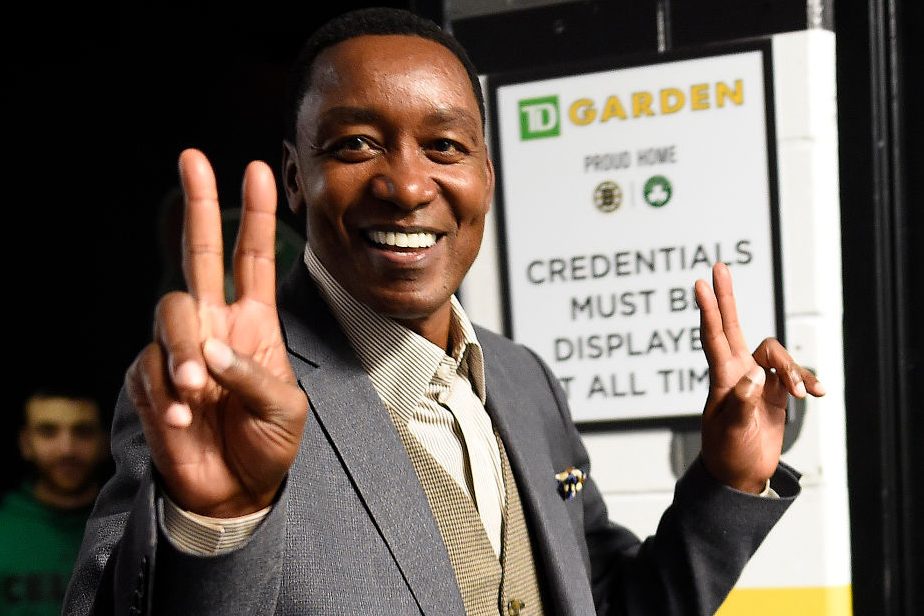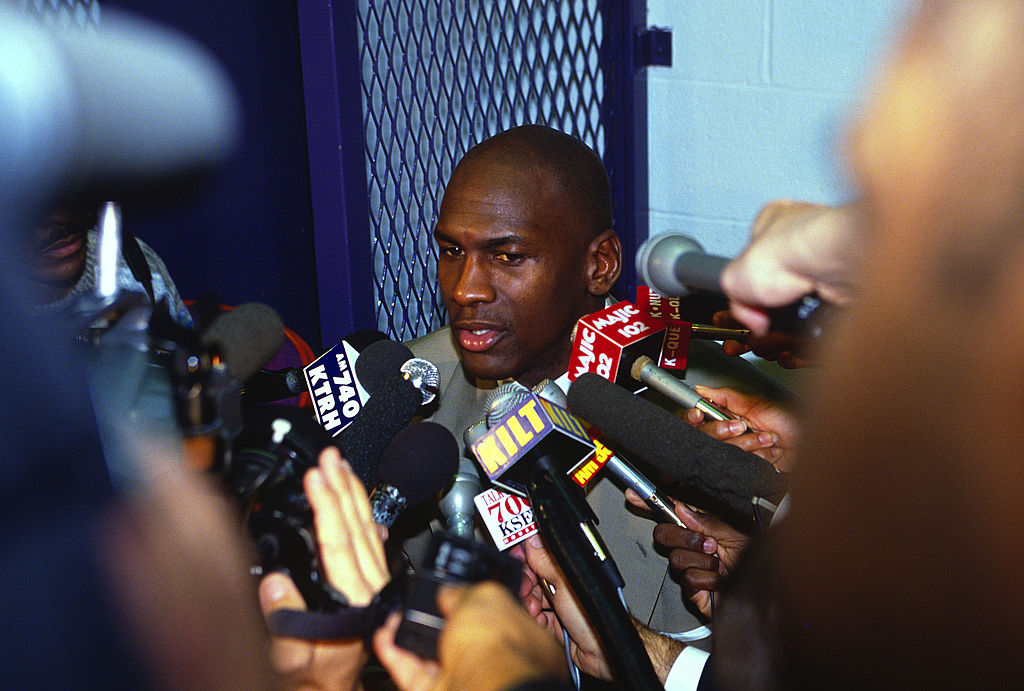While Michael Jordan’s ownership of the Charlotte Hornets has helped make him a billionaire, it certainly hasn’t helped the status of his legacy as one of the NBA’s fiercest all-time competitors. Jordan, 57, first became an investor in the Hornets (then the Bobcats) in 2006, and took over as the franchise’s controlling owner in 2010 when he bought out BET founder Robert Johnson.
Jordan’s 14 seasons in Charlotte as an owner have not seen much success, or even a modicum of it, really: the franchise has only finished with a record above .500 three times during his tenure, and has never finished higher than second in its division. Overall, the Hornets have a regular-season record of 464-651 with Jordan as an owner, good for a dismal .416 winning percentage.
In the organization’s three trips to the playoffs with Jordan at the helm, Charlotte failed to advance out of the first round and has not made the postseason since 2016. (The laughingstocks of the league, the New York Knicks, have also made the playoffs three times since Jordan has been in Charlotte, even winning a round in 2013.) That’s a marked departure from the success Jordan had as a player: even when he was their only good player, his Chicago Bulls teams routinely made the playoffs.
Obviously if Michael Jordan the owner had Michael Jordan the player suiting up, the Hornets would have fared better over the past 14 seasons. But given his track record as an executive, it seems fair to question whether Jordan really wants to win or is simply content to sit back and watch his basketball club increase in value.
Take last summer, when Charlotte’s lone superstar, Kemba Walker, who was drafted by the Hornets in 2011 and ranks as the franchise’s all-time leading scorer, was up for an extension. Instead of convincing Walker — who was reportedly willing to take a hometown discount — to stay with the only NBA team he had ever known by making him a competitive offer, Jordan lowballed him by nearly $60 million according to reports at the time.
Walker unsurprisingly balked, and Jordan was lured into a sign-and-trade deal with the Celtics that sent his star to Boston in exchange for a far lesser guard in Terry Rozier. By jettisoning Walker in favor of Rozier, Jordan lost his best player but was able to keep his pockets fat: the deal kept the team below the luxury-tax threshold by more than $20 million.
Cost-cutting moves like that have been standard operating procedure over the years: the Hornets are one of only two teams in the league (along with the New Orleans Pelicans) that have never paid the luxury tax, according to HoopsHype. By comparison, the Knicks have paid it 10 times, the Mavericks and Lakers have paid it nine and the Cavaliers, who are a small-market team just like the Hornets and are worth the same amount (approximately $1.5 billion), have paid the luxury tax on seven occasions.
As competitive as he was as a player, Jordan has been more interested in compounding his interest in the team than he has been in putting a few more championship rings on his fingers. Is that at least partially because Jordan is willing to sacrifice wins on the floor to offset his losses at the blackjack table and on the golf course? He’ll never tell, but it certainly seems like a fair question to ask after the latest episode of The Last Dance revealed the extent of Jordan’s compulsive gambling habit.
That may be an extreme take, but at the very least it seems pretty apparent that Jordan the owner is willing to put out a product that Jordan the player never would have regarded as acceptable. And while it will never take away from what he accomplished on the floor, what Jordan has accomplished from the owner’s box certainly won’t boost his legacy as a competitor — even if it has padded his bank account.
Whether you’re looking to get into shape, or just get out of a funk, The Charge has got you covered. Sign up for our new wellness newsletter today.

















